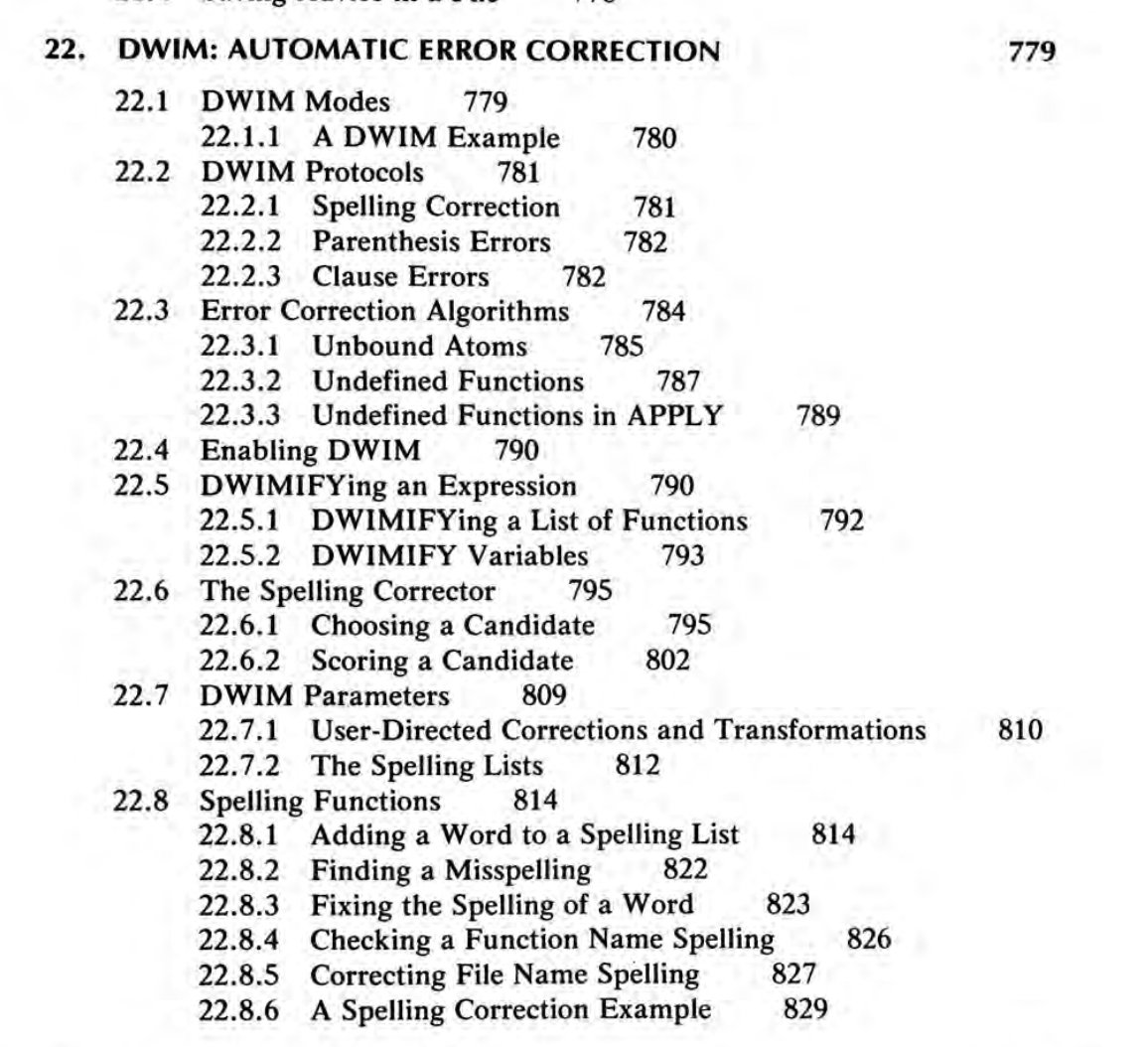
If you want to start or join an early-stage startup, the most important investment you could make today is inner work to ensure you have the stamina & resilience to do extremely hard things.
Here is all self work I did between my 1st and 2nd startup that paid off big time:
Here is all self work I did between my 1st and 2nd startup that paid off big time:
1. Understand what matters to you
Startups are hard; if you start one you should aim to work on it for at least 5 years. To do something difficult for a long time you should care enough about it you'd do it for free.
I wrote more about it here:
Startups are hard; if you start one you should aim to work on it for at least 5 years. To do something difficult for a long time you should care enough about it you'd do it for free.
I wrote more about it here:
https://twitter.com/amasad/status/1467258383350730756
2. Stop being a perfectionist
Putting yourself and your work in public requires a great deal of courage.
Perfectionism is often a protection mechanism against being hurt. You have to be okay with your work being criticized and even hated.
Blogpost: amasad.me/perfectionism
Putting yourself and your work in public requires a great deal of courage.
Perfectionism is often a protection mechanism against being hurt. You have to be okay with your work being criticized and even hated.
Blogpost: amasad.me/perfectionism
3. Get a grip on your mood
Startup highs can be ecstatic and lows can be crushing. As an entrepreneur, you have to try to be solid as a rock on both the ascent and descent.
I wrote about how you can use framing to control your mood: amasad.me/framing
Startup highs can be ecstatic and lows can be crushing. As an entrepreneur, you have to try to be solid as a rock on both the ascent and descent.
I wrote about how you can use framing to control your mood: amasad.me/framing
4. Be grateful
In the midst of the emotional turbulence of a startup, remind yourself that all is well. If you have shelter, food, & safety you're doing better than most humans who ever lived.
Enjoy the ride and try to make the world slightly better: amasad.me/grateful
In the midst of the emotional turbulence of a startup, remind yourself that all is well. If you have shelter, food, & safety you're doing better than most humans who ever lived.
Enjoy the ride and try to make the world slightly better: amasad.me/grateful
5. Have a daily practice
It doesn't have to be meditation, or something overbearing. I like negative visualization which lets you be okay with all the things that could go wrong. If you know that the downside is not that bad, you can focus on the upside.
amazon.com/Guide-Good-Lif…
It doesn't have to be meditation, or something overbearing. I like negative visualization which lets you be okay with all the things that could go wrong. If you know that the downside is not that bad, you can focus on the upside.
amazon.com/Guide-Good-Lif…
6. Nail your sleep
This is one of the most important tools for a founder. If you can master sleep you will be unstoppable.
Hot off the press with the thread on this:
This is one of the most important tools for a founder. If you can master sleep you will be unstoppable.
Hot off the press with the thread on this:
https://twitter.com/amasad/status/1475268980608667650
7. Find the diet that works for you
A good diet can make you up to 2x more productive. If you're eating right there should be no after-lunch slump, and you should be able to focus for extended periods of time without food.
This YouTube channel is great:
A good diet can make you up to 2x more productive. If you're eating right there should be no after-lunch slump, and you should be able to focus for extended periods of time without food.
This YouTube channel is great:
8. Find your wellness routine
When you're stressed out, mind is racing, and can't focus, what do you do to recenter yourself?
For me, that's heavy lifting followed by a sauna & cold plunge. It resets me like nothing else.
Don't have a thread/blog on this but maybe I should?
When you're stressed out, mind is racing, and can't focus, what do you do to recenter yourself?
For me, that's heavy lifting followed by a sauna & cold plunge. It resets me like nothing else.
Don't have a thread/blog on this but maybe I should?
9. Challenge yourself
I had a fear of public speaking so I signed up for improv, did tech talks without preparing, and did a storytelling show.
The best way to get rid of fear is by exposure. The fear will go away and by doing hard things you're becoming more resilient.
I had a fear of public speaking so I signed up for improv, did tech talks without preparing, and did a storytelling show.
The best way to get rid of fear is by exposure. The fear will go away and by doing hard things you're becoming more resilient.
10. Find mentors & a peer group
Surround yourself with awesome people who can energize, challenge, and teach you.
Twitter is great for this. I've made many founder friends on here -- just be yourself and share your learnings.
Books can also be a great stand-in for mentors.
Surround yourself with awesome people who can energize, challenge, and teach you.
Twitter is great for this. I've made many founder friends on here -- just be yourself and share your learnings.
Books can also be a great stand-in for mentors.
That's it for now. I'll do threads in the future more focused on aspects that I haven't explored in-depth in the past. Please feel free to share your ideas!
• • •
Missing some Tweet in this thread? You can try to
force a refresh





